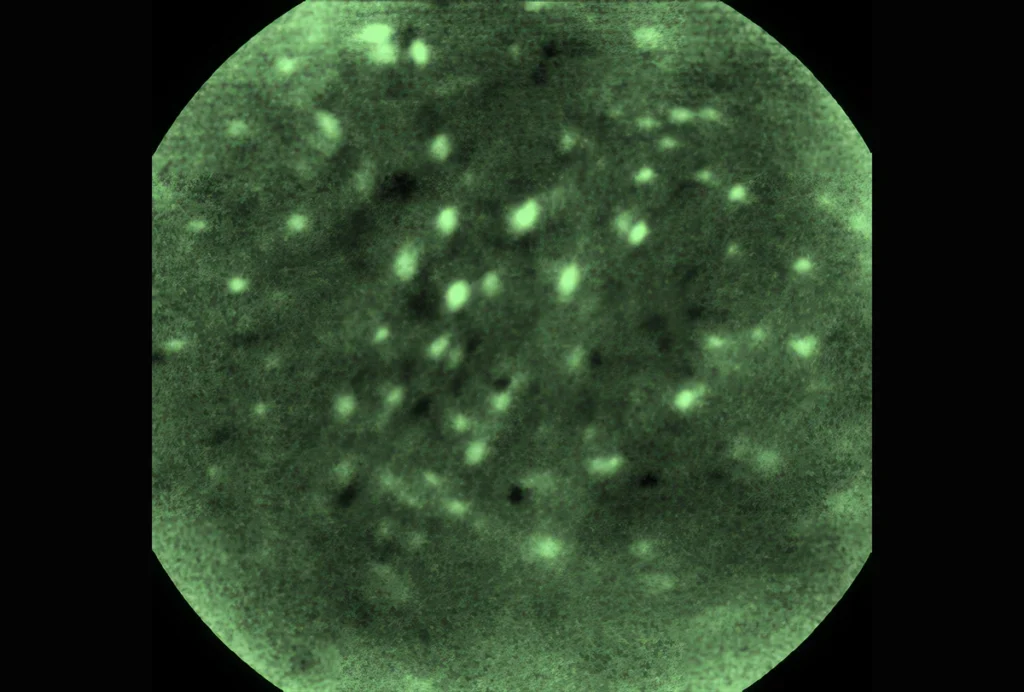Daniel Aharoni is assistant professor of neurology at the University of California, Los Angeles (UCLA). He received his Ph.D. in physics from UCLA, where he worked in high- and low-energy particle physics before shifting his focus to neurophysics. Aharoni stayed at UCLA for a postdoctoral fellowship under Baljit Khakh, Alcino Silva and Peyman Golshani, spearheading the technical development of the open-source UCLA Miniscope Project. Aharoni’s lab integrates engineering, neuroscience and physics to create innovative tools that address complex challenges in neuroscience. His research aims to enhance our understanding of neural circuits, advance tool design for neuroscience, and ensure equitable access to pioneering technologies.

Daniel Aharoni
Assistant professor of neurology
University of California, Los Angeles
From this contributor
Designing an open-source microscope
Funding for the development of open-source tools is on the rise, but support for their maintenance and dissemination, both crucial for their meaningful uptake, remains a major challenge.

Designing an open-source microscope
Explore more from The Transmitter
Lack of reviewers threatens robustness of neuroscience literature
Simple math suggests that small groups of scientists can significantly bias peer review.

Lack of reviewers threatens robustness of neuroscience literature
Simple math suggests that small groups of scientists can significantly bias peer review.
Dendrites help neuroscientists see the forest for the trees
Dendritic arbors provide just the right scale to study how individual neurons reciprocally interact with their broader circuitry—and are our best bet to bridge cellular and systems neuroscience.

Dendrites help neuroscientists see the forest for the trees
Dendritic arbors provide just the right scale to study how individual neurons reciprocally interact with their broader circuitry—and are our best bet to bridge cellular and systems neuroscience.
Two primate centers drop ‘primate’ from their name
The Washington and Tulane National Biomedical Research Centers—formerly called National Primate Research Centers—say they made the change to better reflect the breadth of research performed at the centers.

Two primate centers drop ‘primate’ from their name
The Washington and Tulane National Biomedical Research Centers—formerly called National Primate Research Centers—say they made the change to better reflect the breadth of research performed at the centers.